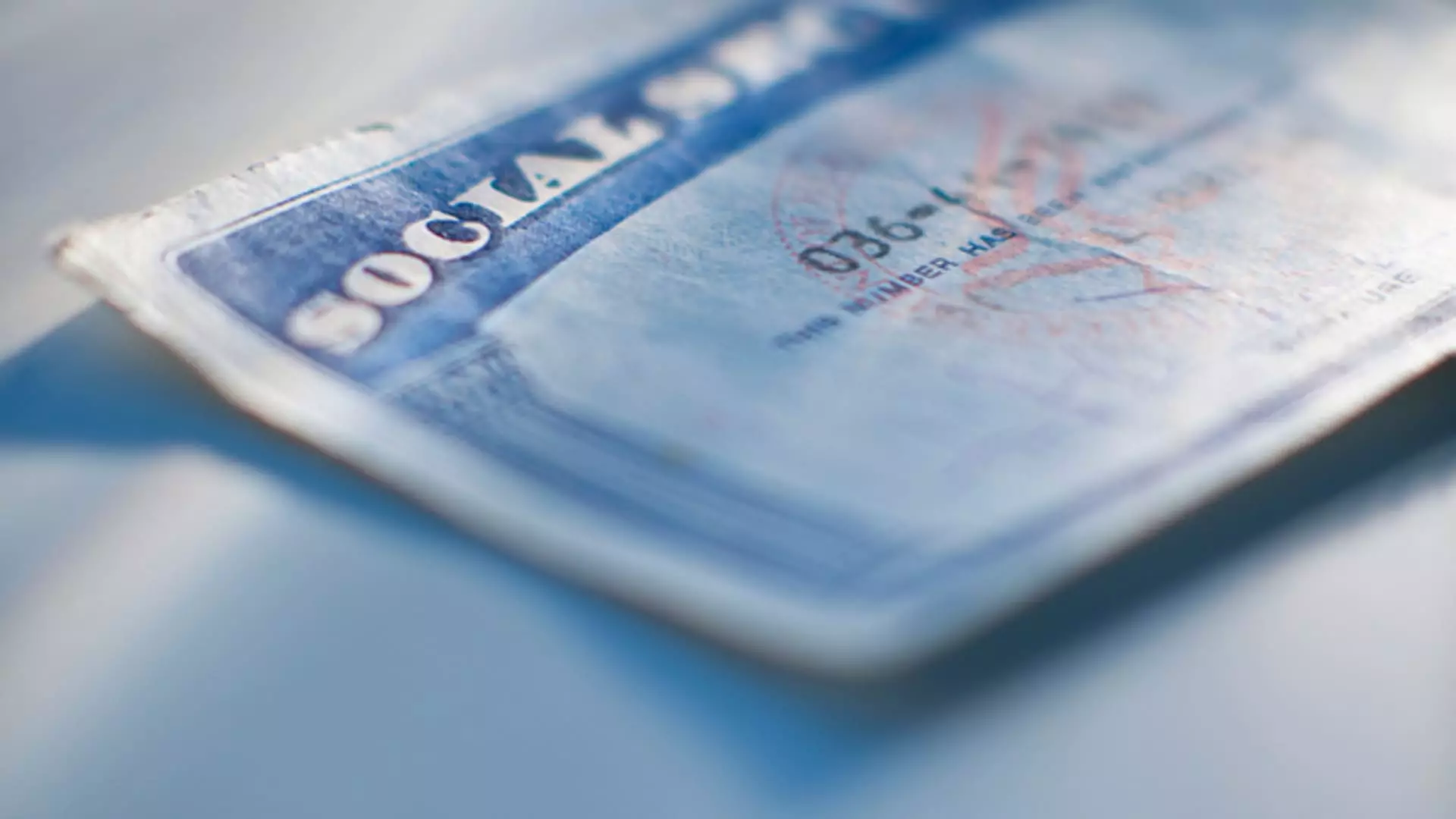The recent data breach at National Public Data has sent shockwaves throughout the cybersecurity community, with reports suggesting that billions of personal records may have been exposed. While the breach has raised concerns about the security of personal information, experts are pointing out that much of the data leaked was already publicly available. In this article, we will discuss the implications of the National Public Data breach and provide guidance on how individuals can protect their personal information in the aftermath.
National Public Data, a background check company owned by Jerico Pictures Inc., recently disclosed details of the breach after facing a proposed class action lawsuit. The company admitted that personal records of as many as 2.9 billion individuals may have been compromised, including sensitive information such as Social Security numbers, names, email addresses, phone numbers, and mailing addresses. While National Public Data claimed that a third-party bad actor was responsible for hacking into the data, cybersecurity experts have noted that much of the information was already accessible through public records.
Protecting Your Information
In light of the breach, cybersecurity professionals are urging individuals to take proactive steps to safeguard their personal data. One of the most crucial measures recommended is to freeze your credit with the three major credit bureaus – Equifax, Experian, and TransUnion. By freezing your credit, you can prevent unauthorized access to your financial records and reduce the risk of identity theft. Additionally, experts advise changing all passwords, enabling multi-factor authentication on personal websites, and avoiding sharing sensitive information on public networks.
While freezing your credit is a critical step in protecting your information, there are other measures you can take to enhance your security. Consider opting out of data collections by companies like National Public Data, or investing in a data broker removal service to handle the process on your behalf. Identity theft monitoring tools and dark web monitoring services can also help detect suspicious activity and alert you to any potential threats. It is important to remain vigilant and stay informed about the latest cybersecurity practices to safeguard your personal data.
Despite the potential financial implications of data breaches, experts caution that monetary damages for affected individuals may be limited. Past cases, such as the Equifax breach in 2017, have resulted in minimal payouts to affected consumers. Legal organizations may pursue class action lawsuits on behalf of individuals impacted by the breach, but proving actual harm from the data exposure can be challenging. As such, it is essential for individuals to focus on preventative measures and proactive security practices to minimize the risk of future breaches.
The National Public Data breach serves as a stark reminder of the importance of safeguarding personal information in an increasingly digital world. While the exposure of billions of records is alarming, it also underscores the need for heightened cybersecurity awareness and proactive risk mitigation strategies. By taking steps to freeze credit, change passwords, and invest in monitoring services, individuals can strengthen their defenses against potential data breaches. Ultimately, staying informed and proactive is key to protecting personal data in an age where cyber threats are ever-present.

